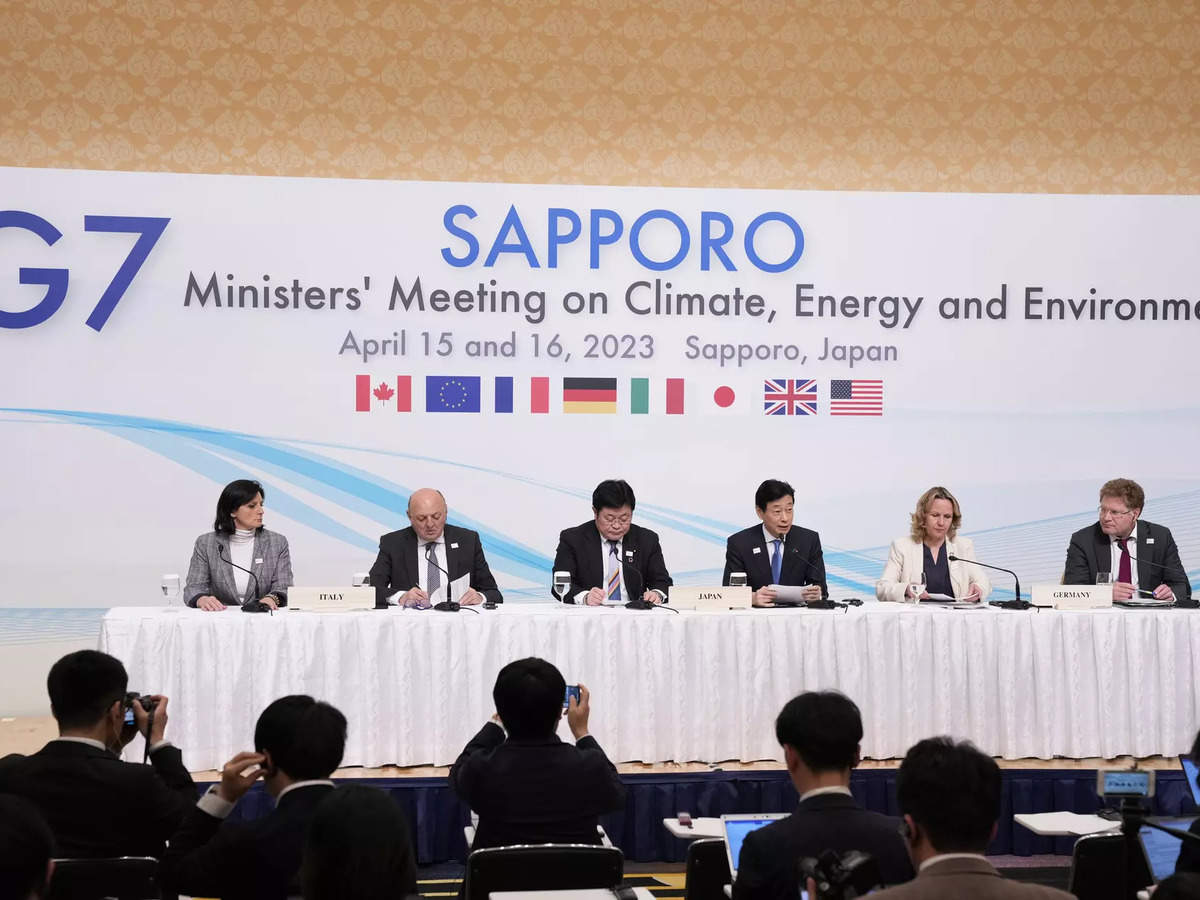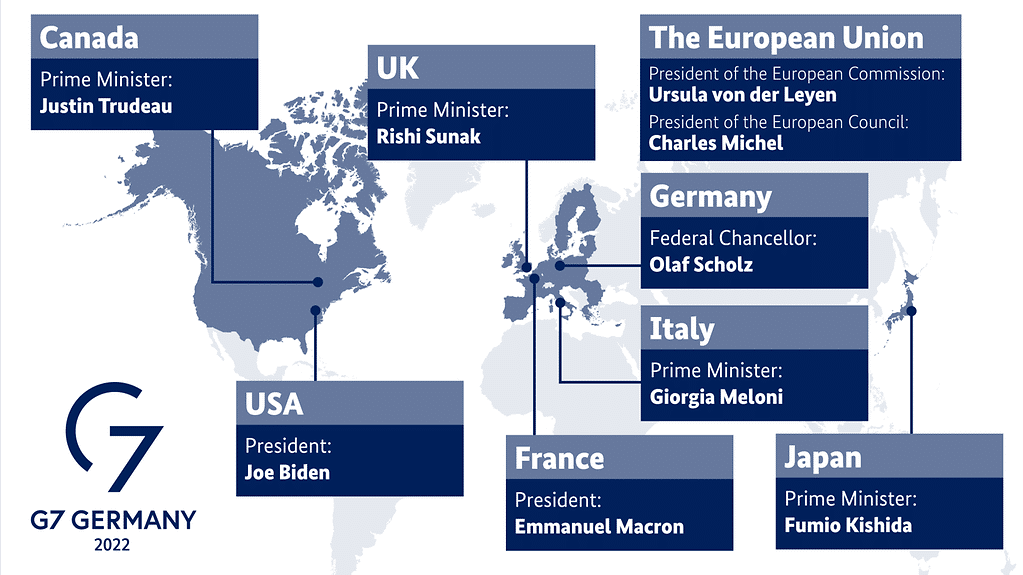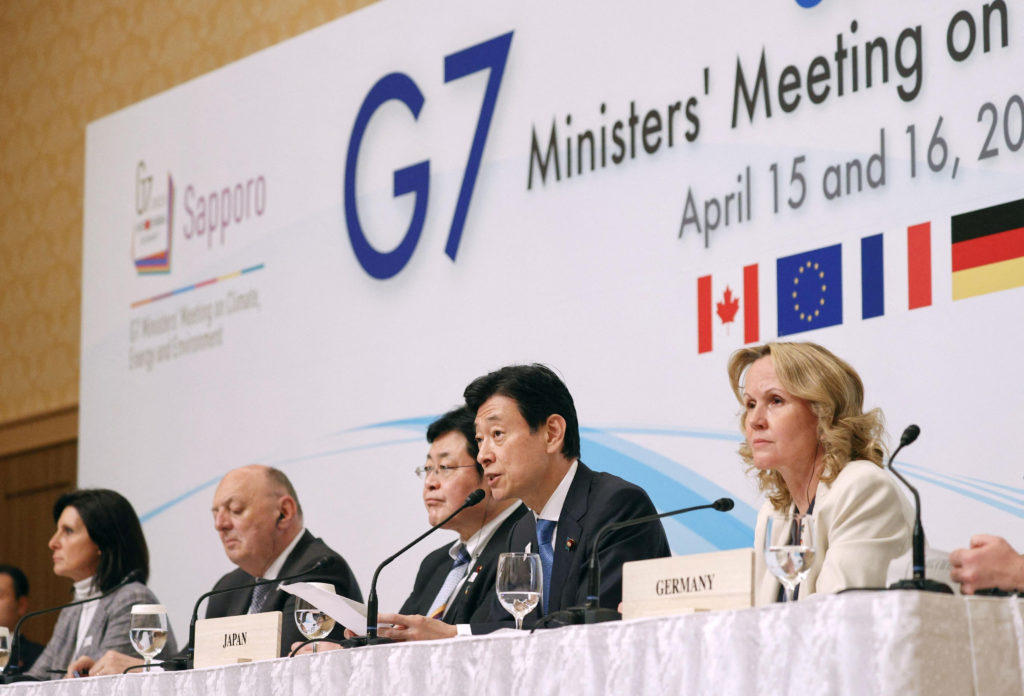India Considers Joining G7-Piloted ‘Climate Club’ to Boost Climate Action:
India is reportedly considering joining the ‘Climate Club,’ an environmental initiative started by the G7 to promote stronger climate action. The club’s three pillars are advancing ambitious and transparent climate policies, supporting substantial industrial decarbonisation, and encouraging international cooperation towards a just transition.
Buy Prime Test Series for all Banking, SSC, Insurance & other exams

Inter-Ministerial Discussions to be Initiated Soon:
According to reports, the Indian environment ministry is expected to initiate inter-ministerial discussions soon to consult different ministries on the sectoral implications of joining the Climate Club. The move comes as India faces increasing pressure to ramp up its climate efforts to meet global climate goals.
Benefits of Joining the Climate Club:
India may benefit from joining the Climate Club by gaining access to global standardisation and pricing mechanisms that may come with the initiative. The club aims to launch fully by next year’s UN climate conference, COP28, and could provide India with opportunities to enhance its climate policies and showcase its efforts to the global community.
Sectoral Implications to be Considered:
Before making a decision on whether to join the Climate Club, India will need to consider the sectoral implications involved. The inter-ministerial discussions will involve consulting various ministries on the potential impact of joining the initiative on different sectors of the economy, including energy, industry, and agriculture.
Ambitious and Transparent Climate Policies:
The first pillar of the Climate Club is advancing ambitious and transparent climate policies. This involves setting targets and implementing policies that will help reduce greenhouse gas emissions and limit global warming to 1.5°C above pre-industrial levels. Joining the Climate Club could provide India with an opportunity to showcase its climate policies and enhance its credibility as a global climate leader.
Substantial Industrial Decarbonisation:
The second pillar of the Climate Club is supporting substantial industrial decarbonisation. This involves promoting the adoption of low-carbon technologies and transitioning away from fossil fuels in key sectors such as power generation, transportation, and industry. India has already made progress in this area, with initiatives such as the National Clean Energy Fund and the International Solar Alliance.
Encouraging International Cooperation Towards a Just Transition:
The third pillar of the Climate Club is encouraging international cooperation towards a just transition. This involves supporting countries in their efforts to transition to a low-carbon economy in a way that is socially and economically just, particularly for vulnerable communities. Joining the Climate Club could provide India with opportunities to collaborate with other countries and showcase its efforts to promote a just transition.
About G-7:

The G7 (Group of Seven) is a forum of seven of the world’s largest and most advanced economies – Canada, France, Germany, Italy, Japan, the United Kingdom, and the United States.
Here are some key points about the G7:
- History: The G7 was formed in 1975 as the G6, with the addition of Canada in 1976, becoming the G7. The group was initially created to discuss economic issues and promote cooperation among its members.
- Economic power: The G7 represents about 40% of global GDP, making it a significant economic power in the world.
- Political influence: The G7 countries also have significant political influence globally and use their collective power to promote their shared values and priorities.
- Annual summit: The leaders of the G7 countries meet annually at a summit to discuss a range of issues, including economic, political, and security issues, as well as global challenges such as climate change, poverty, and gender equality.
-
Agenda: The G7 agenda is typically set by the host country, which rotates annually among the members. Recent G7 agendas have included topics such as the COVID-19 pandemic, climate change, trade, and cybersecurity.
Also Read: Supreme Court allows divorce on the grounds of “irretrievable breakdown of marriage”



 Indian Olympic Medal Winners List Till N...
Indian Olympic Medal Winners List Till N...
 Who is the Inventor of the Gramophone?
Who is the Inventor of the Gramophone?
 HS Dhaliwal Appointed New DGP Of Andaman...
HS Dhaliwal Appointed New DGP Of Andaman...
